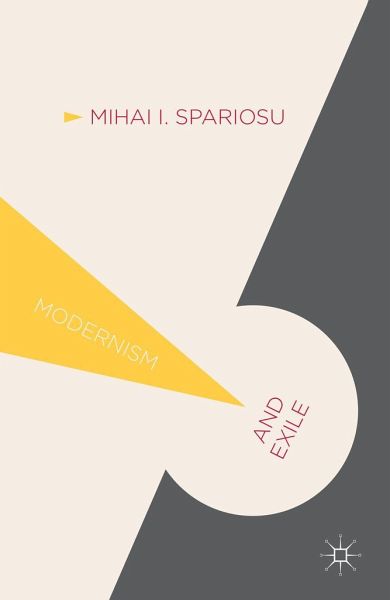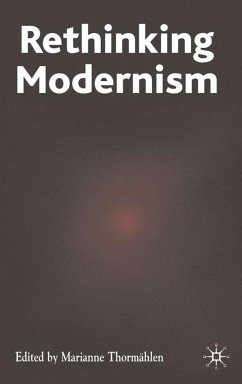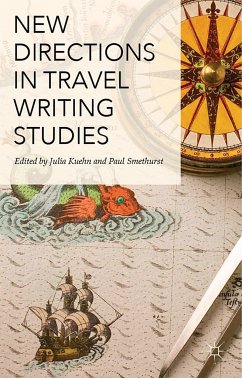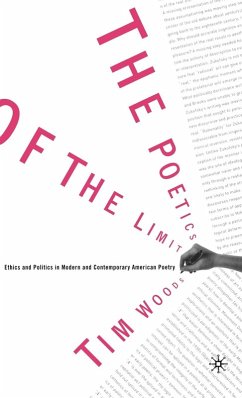
Modernism and Exile
Liminality and the Utopian Imagination

PAYBACK Punkte
19 °P sammeln!
Studying exile and utopia as correlated cultural phenomena, and offering a wealth of historical examples with emphasis on the modern period, Spariosu argues that modernism itself can be seen as a product of an acute exilic consciousness that often seeks to generate utopian social schemes to compensate for its exacerbated sense of existential loss.












